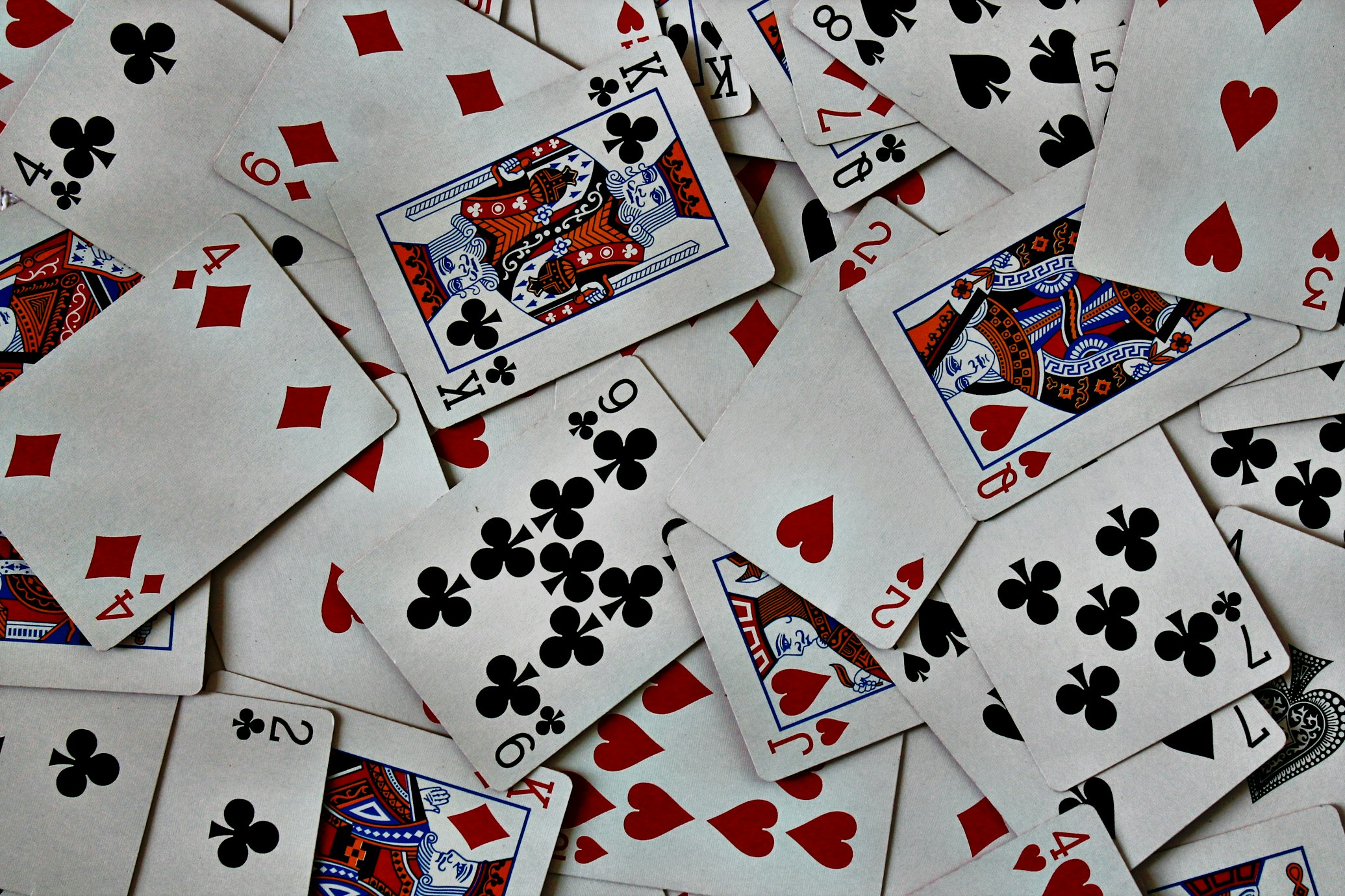
Strategic Minds: Comparing Decision Making in Football and Poker
Strategic decision-making is at the heart of football and poker, each demanding a unique blend of tactical skill and quick thinking. In football, strategy is everything – it guides player positions, team formations, and how a team adapts to its opponents' tactics. On the other hand, Poker revolves around outwitting opponents, mastering the art of bluffing, and making calculated bets. This article looks at the similarities between decision-making in football and poker, showing how mastering strategy in one can significantly benefit the other.
Understanding the Basics of Strategy in Football
In football, strategy is not just a plan of action but a dynamic blueprint that evolves with every play. The game's strategic elements are multifaceted, starting with the formation – the spatial arrangement of players on the field, which dictates the team's offensive and defensive capabilities. Each player's role is defined by their position, responsibilities, and how they interact with teammates to form a cohesive unit. In-game tactics, such as pressing, counter-attacking, or possession-based play, further refine this strategy, allowing teams to exploit opponents' weaknesses or reinforce their strengths.
Decision-making under pressure is a critical skill for both players and coaches. As the game unfolds, they must quickly adapt their strategies based on the score line, the opponent's tactics, and the game's tempo. High-stakes matches often provide the best examples of strategic decisions impacting outcomes. For example, a coach might switch to a more aggressive formation when trailing or introduce a key substitute to change the game's dynamics, demonstrating the fluid and responsive nature of football strategy.
The Art of Strategy in Poker
In poker, strategic mastery is not just about the cards you hold; it's about the mind games you play. Bluffing, a fundamental tactic, involves misleading opponents about the strength of your hand. It's a psychological ploy, as much about confidence as it is about deception. Equally crucial is the ability to read opponents, a skill that combines observation of physical tells and betting patterns to gauge their hand strength and playing style. This nuanced understanding of human behavior turns poker into a game of wits. Bet sizing is another strategic element, where the size of the bet is used to manipulate the pot, control the play, and influence opponent decisions. Adaptability in poker is critical; players must continuously adjust their strategies based on the unfolding game dynamics and opponent behaviors.
Comparing Decision-Making in Football and Poker
In both football and poker, strategic thinking hinges on three core elements: risk assessment, adaptability, and psychological insight. Players in both arenas constantly evaluate risks, whether it's a footballer deciding to make a daring run or a poker player contemplating a high-stakes bluff. Adaptability is equally crucial; football coaches must alter tactics based on the game's flow, just as poker players adjust their strategies in response to the unfolding hand and their opponents' actions.
However, the approach to decision-making differs significantly. In football, decisions are often collaborative, involving the collective input of a team and its coach, whereas poker is predominantly a solitary endeavor, relying on individual judgment and intuition.
The crossover of skills is clear: the team-based strategy and quick decision-making in football can sharpen a poker player's ability to read group dynamics and vice versa. The psychological play and individual cunning in poker can benefit a footballer in anticipating opponents' moves, showcasing how skills in one domain can enhance proficiency in the other.
The Psychological and Emotional Aspects of Strategy in Football and Poker
The mental and emotional aspects of strategy are fundamental in shaping success in both football and poker. Mental toughness and resilience stand at the forefront, enabling footballers to perform under intense stadium pressure and poker players to handle the stress of high-stakes games. Emotional control and discipline are equally vital; a footballer's composure can influence the entire team's performance, while in poker, it's crucial for managing bluffing strategies and avoiding emotional pitfalls like 'tilt.' Confidence also plays a significant role, driving footballers to execute decisive plays and poker players to make bold, calculated bets, each action reflecting their trust in their abilities and strategic skill.
Published by Patrick Jane
27.01.2024

